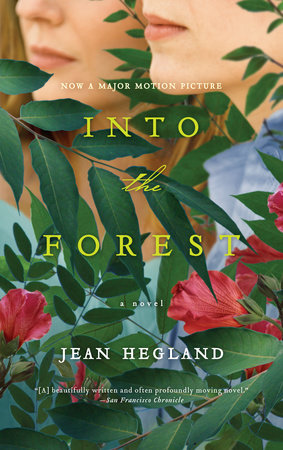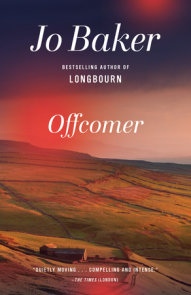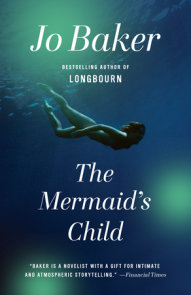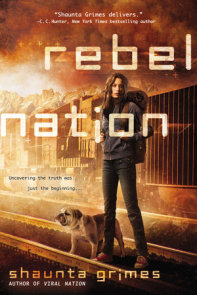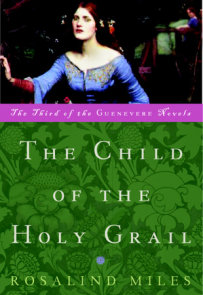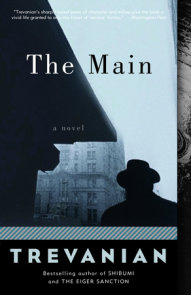READERS GUIDE
Introduction
Perhaps several times in a lifetime, we come across a book with such a singular nature, it defies categorization. A book so provocative, it forces us to examine not only our personal values, but also our society’s values–the very way in which we live. A word-of-mouth phenomenon embraced by readers, booksellers, and critics alike, Into The Forest is that all-too-rare book. This extraordinary story of two sisters struggling to survive amid the collapse of technology and society is at once a classic tale of epic proportions–and a modern myth with a timely message.Questions and Topics for Discussion
1) Into The Forest seems to convey that the stripped-down life of a hunter-gatherer would be better for us as a species. What Nell and Eva do is clearly right for them. Would it be right for people in general? For women? Is it a tenable ideal for any but the very young, very fit, and very adaptable?
2) Does the lifestyle the sisters adopt in Into The Forest imply or require an abandonment of the whole notion of "advanced civilization?"
3) The Women’s Review of Books said of Into The Forest: "Cultural trauma forces the heroines to inhabit and regard their world in radical new ways, [as] recipients of wisdom they did not want but are better off for having." Do you agree with this? Why or why not?
4) How would you answer the question raised by this novel and posed in The Sunday Oregonian: "Where are we heading, and do we know how to survive with our humanity intact if we continue in this direction?"
5) Before razing the house in which they had spent their entire lives and turning to the forest for all their necessities, Nell chooses three books to take with her: Native Plants of Northern California for Eva since it may have already saved her life; a book of stories of those who had lived in the forest for Burl; and the encyclopedia’s index for herself. In choosing the index she says, "I could not save all the stories, could not hope to preserve all the information—that was too vast, too disparate, perhaps even too dangerous. But I could take the encyclopedia’s index, could try to keep that master list of all that had once been made or told or understood." If you could take only one item from your current existence into the future, and that one item was a book, what would you choose and why? Why do you think that Hegland would choose to describe the retaining of information as "too dangerous?"
6) Some of the most poignant moments of the story are found in minor details. Reading Into The Forest will forever change the way you think about a teabag, a scrap of paper, a metronome, an acorn, or a chocolate kiss candy. It will forever change your thinking about dreams and days of the week. Which of these affected you most? What other examples struck your sensibilities?
7) Above all, Into The Forest is a story about the boundaries and possibilities of sisterhood. Do you feel a comparable story could have been written about a relationship between a brother and sister or two brothers?
8) What kind of childhood do you think Eva’s baby will have? If technology and society were to return to advanced states, how might the child adapt to leaving the forest?
9) If your "technologically-based" lifestyle were to evolve into a "nature-based" lifestyle, how do you think you would survive? What would you enjoy? What conveniences would you most miss?







